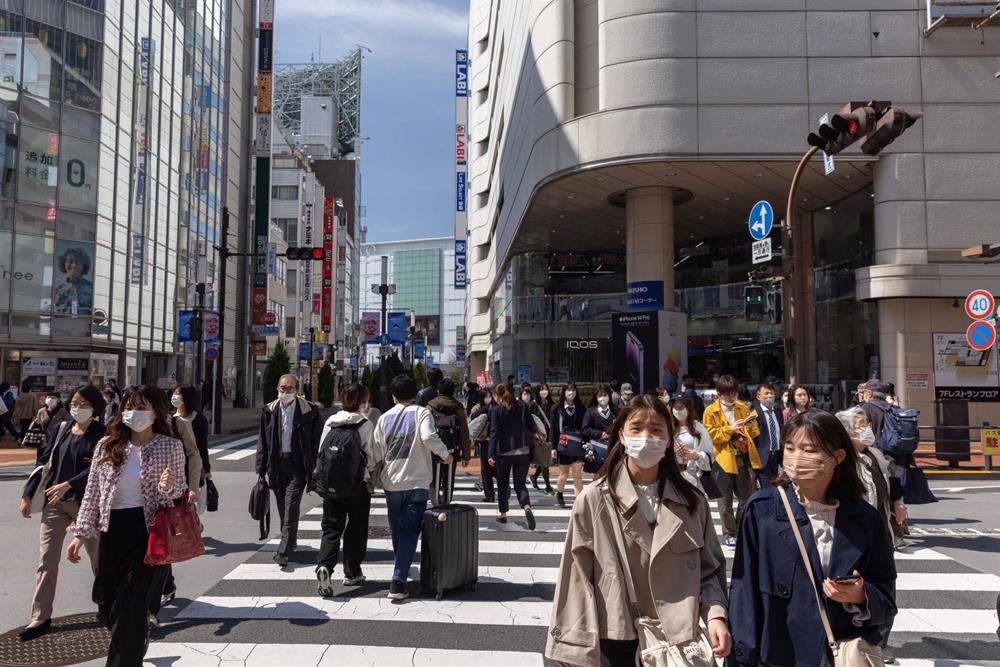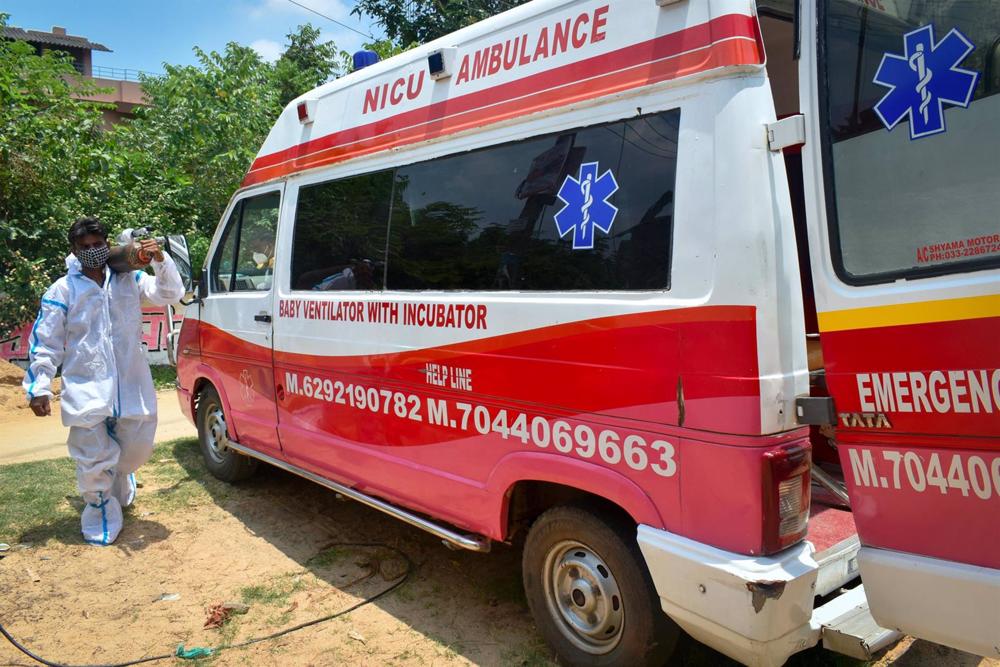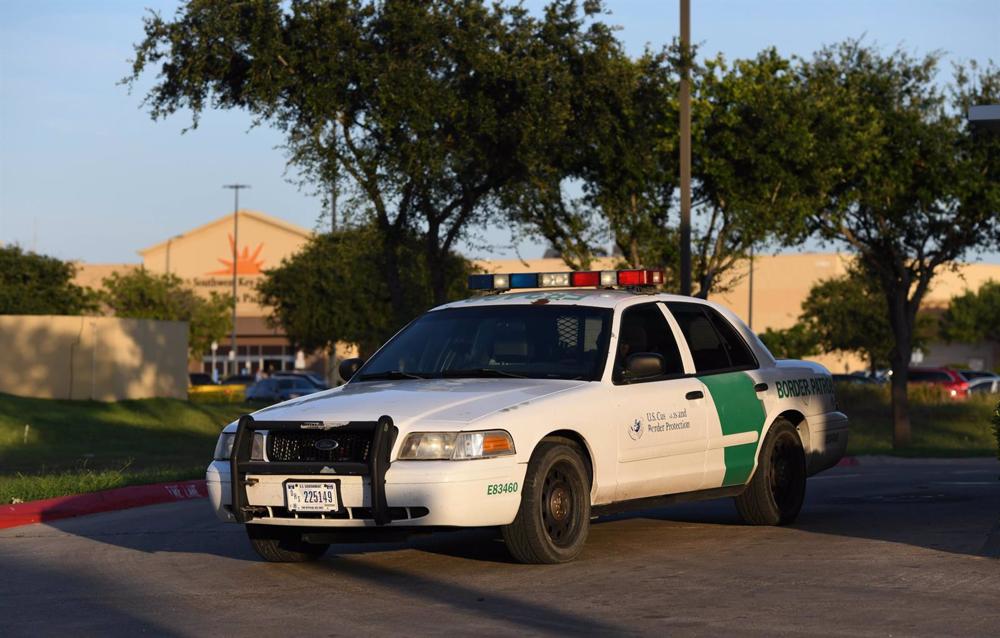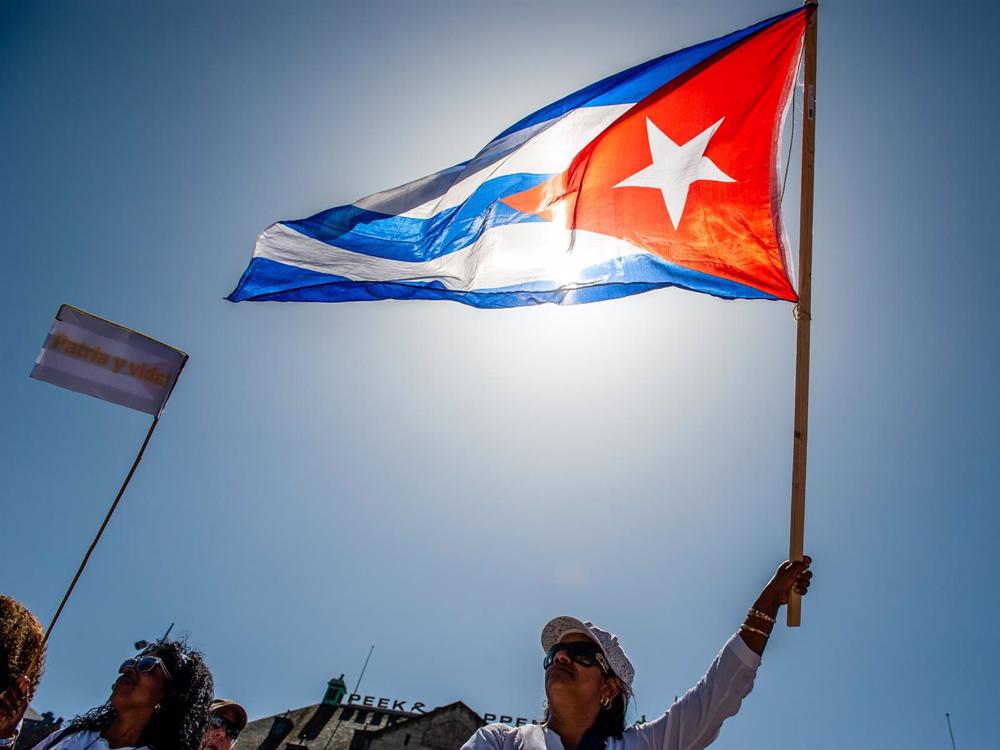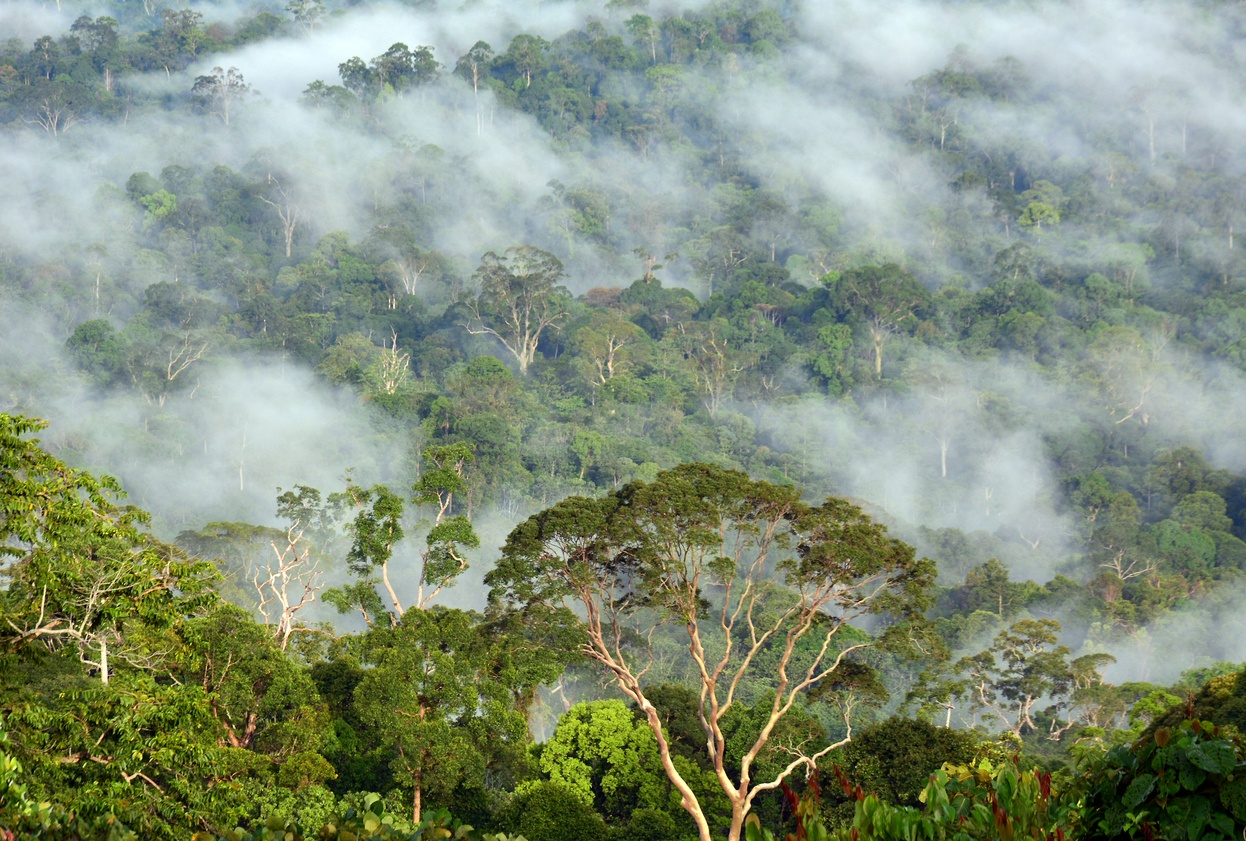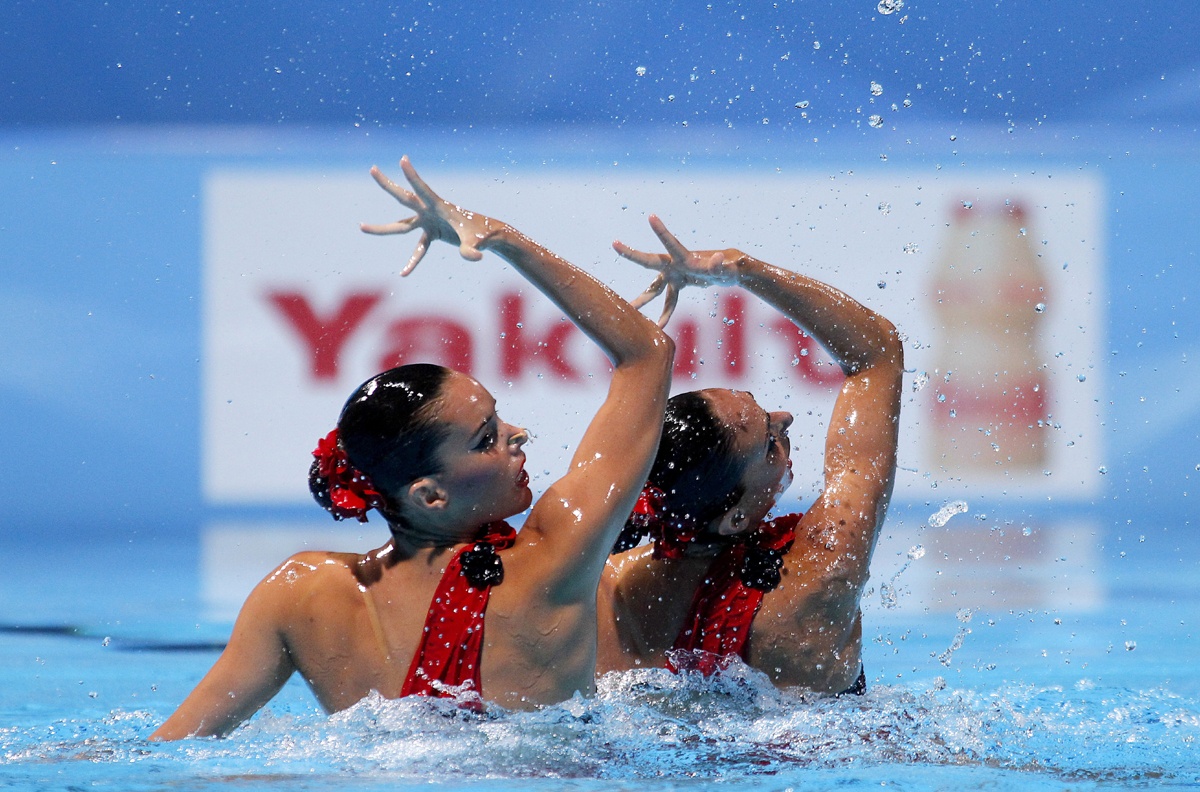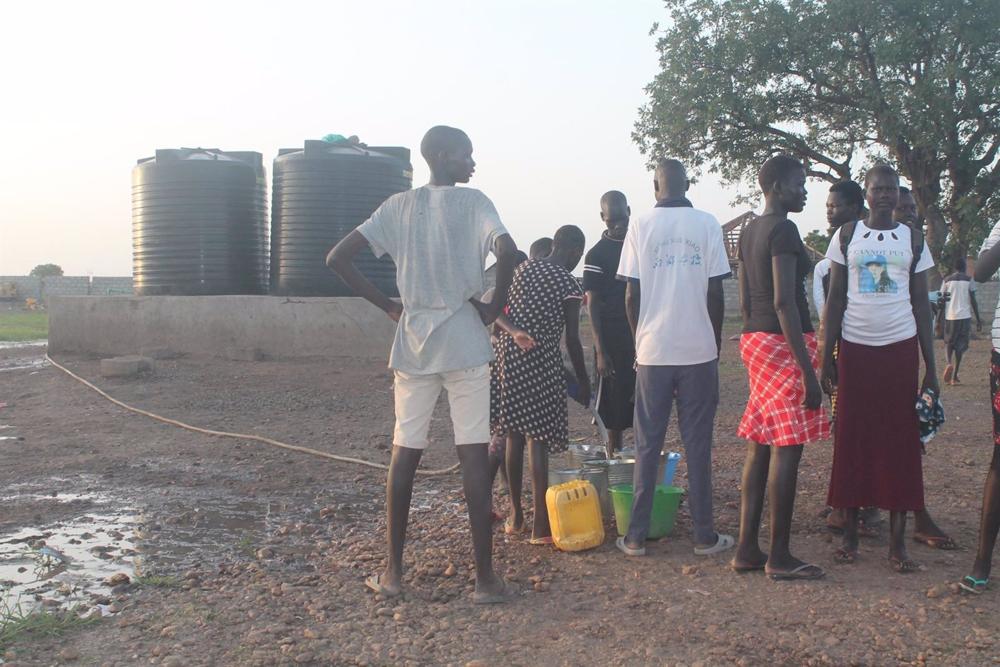
About 20,000 people have been displaced since August due to fighting in the South Sudanese state of Upper Nile (northeast), according to the United Nations High Commissioner for Refugees (UNHCR), which expressed its «alarm» at the «increasing desperation» caused by the conflict between armed factions.
The fighting broke out on August 15 in the town of Tonga, but has since spread to other towns in Upper Nile, Jongley and Unity, a situation that has caused about 3,000 people to flee to Sudan, aggravating the South Sudanese refugee crisis in the African country.
«Desperation is increasing and more people are fleeing in the face of the escalating conflict,» said UNHCR’s representative in South Sudan, Arafat Jamal. «Civilians are being targeted in this unrelenting conflict. We must ensure they are protected,» he said.
Women, children and other high-risk groups make up the majority of the displaced, while some elderly and disabled people have been unable to flee and have had to hide in bush areas on the banks of the White Nile River during the attacks. The displaced are also «visibly traumatized» and report killings, gender-based violence, kidnappings, extortion, looting and burning of property. Many of those affected have lost their homes or have been separated from their families.
Jamal last week led the first multi-agency visit to the village of Adidiang since it was attacked on September 7, prompting 4,000 people to flee to Malakal and seek refuge in the town’s IDP camp run by the United Nations Assistance Mission in South Sudan (UNMISS). The facility was set up ten years ago to accommodate 12,000 people, but now has 37,000 residents.
Survivors of the attack on Adidiang have reported that dozens of people were killed or injured, while others drowned trying to cross a river to escape the attack. The mission also visited Diel village in Jonglei on Sunday, where some displaced people are returning to find their homes burned down.
«In Adidiang and Diel we witnessed the results of brutal violence. It was disheartening to see a clear pattern of attacks on civilians in their homes,» Jamal has recounted. Some of the displaced who have returned to Diel are feeding on aquatic plants to survive. As a result, UNHCR and other NGOs have stepped up their response to provide support to the most vulnerable people, including the use of boats to expand mobile response capacity, including in hard-to-reach areas. The agency has outlined that 6.8 million people are in need of assistance due to armed conflict, violence, floods, food insecurity and the economic crisis, yet only 46 percent of the $214.8 million (about 204.5 million euros) to fund the response has been received so far this year.
South Sudan has a unity government that got off the ground following the materialization of the 2018 peace agreement. Despite the decline in violence due to the political conflict, the country has seen an increase in inter-communal clashes, mainly motivated by cattle rustling and disputes between pastoralists and farmers in the most fertile areas of the country, especially due to increased desertification and displacement of populations.
